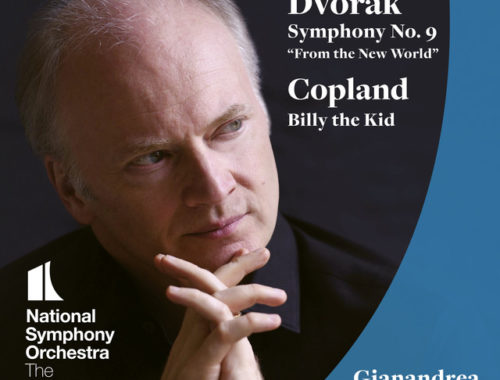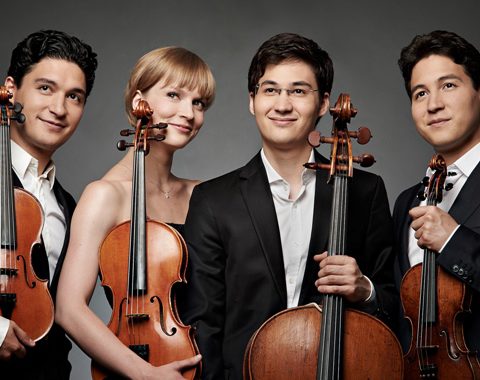Los Angeles Philharmonic Orchestra, Dudamel, Barbican Hall
The Los Angeles Philharmonic seemed to bring all the shiny surfaces of their spanking Disney concert hall with them to London. Their tour opener – John Adams’ Slonimsky’s Earbox – was a Californian dazzler. Talk about arriving with a splash; or even a bigger splash. This motoric explosion of hyperactivity is the kind of workout no gym can offer. Why it even has the first viola doing a Paganini, for heaven’s sake. Add a little Latin American heat – namely Gustavo Dudamel – on the podium and the audience’s ears will tingle. I wonder if John Adams realised he was writing a kind of square dance for the digital age? The LA violins seemed to know he had.
You can’t get much more American than that – unless, of course, you bring Bernstein, too. It was good to hear the youthful 1st Symphony “Jeremiah” for a change. It doesn’t get out much these days – well, not in London – and it’s a wonderfully precocious example of everything Bernstein was and Dudamel hopes to be. Bernstein was a mere 24 when he wrote it and I can’t help feeling that Dudamel (a grand old 30) was himself making a point by programming it. He understands its outrage and identifies with its passion declaiming its soulful prophecy in full-throated strings and sage brasses. The “Profanation” of the middle movement is divine decadence such as only Bernstein could have conceived. Chaos is kind of fun with a rangy violin tune and sizzling high trumpet fanfares. The serious business of “Lamentation” fell to the darkly earthy and intense Kelly O’Connor whose incantations sounded real and heartfelt like they were inventions of the moment. And there was a Dudamel “special” – the evaporation of string sound at the end of the first movement continued long after we stopped hearing it.
Dudamel is good at the extremes. It’s the in-betweens he needs to explore more. His high-octane account of Beethoven’s 7th Symphony was more about loudness than rhythm, the tuttis too generalised, the brass and timpani too assertive, even when merely marking time. Inner voices were repeatedly covered, and there were oddly inappropriate rubatos – little ritardandi in the trio of the scherzo that seemed to belong to another style altogether. Yes, the energy was galvanic, yes, he really nailed the finale’s big climax, but when Beethoven 7th is exhausting as opposed to exhilarating something is wrong.
You May Also Like

GRAMOPHONE: From Where I Sit – July 2021
27/07/2021
GRAMOPHONE Review: Copland Billy The Kid Suite / Dvořák Symphony No. 9 ‘From the New World – National Symphony Orchestra, Washington DC/Noseda
25/03/2020